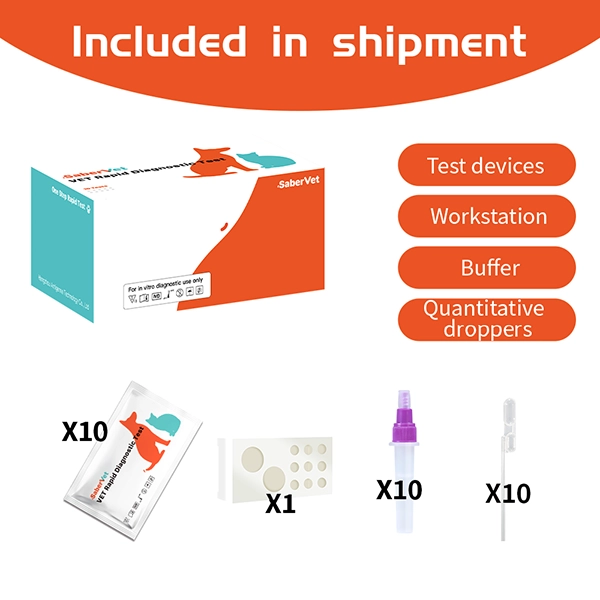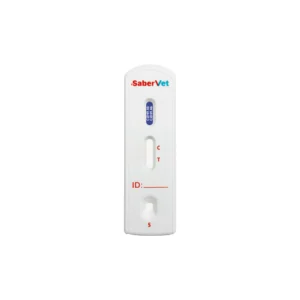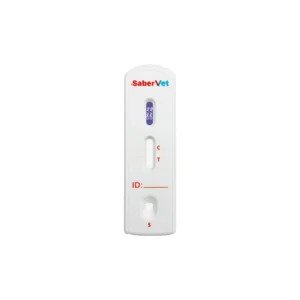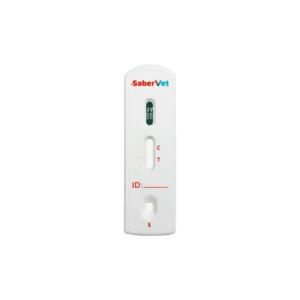Descripción
Canine heartworm disease, canine ehrlichiosis, canine babesiosis and canine Anaplasma disease are common blood-related infections in dogs. Despite the different pathogens, there are many commonalities.
Similitudes
Vía de transmisión:
These diseases are transmitted by arthropods. Canine heartworm disease is transmitted by mosquitoes, while canine ehrlichiosis, canine babesiosis and canine Anaplasma disease are transmitted by ticks.
Síntomas:
Todos pueden causar síntomas sistémicos como fiebre, letargo, pérdida de apetito y pérdida de peso.
All may cause anaemia and other blood-related symptoms.
Distribución geográfica:
These diseases have a global distribution and are especially common in areas where ticks and mosquitoes are active.
Differences
Patógeno:
Canine Heartworm Disease: caused by the canine heartworm.
Canine Ehrlichiosis: caused by Ehrlichia spp.
Canine Babesiosis: caused by Babesia spp.
Canine Anaplasma disease: caused by Anaplasma spp.
Specific symptoms:
Canine Heartworm Disease: characteristic signs include coughing, dyspnoea, decreased exercise tolerance, heart failure, ascites.
Canine Ehrlichiosis: Characteristic symptoms include nosebleeds, bleeding tendencies, joint pain and eye problems (e.g. uveitis).
Canine Babesiosis: the main signs are acute anaemia, jaundice, splenomegaly and fever.
Canine Anaplasma Disease: Symptoms are similar to those of canine babesiosis, but sometimes less severe.
Métodos de detección
Canine heartworm disease:
Antigen test: detects canine heartworm antigen in the blood and is the most commonly used screening method.
Microfilariae test: Microfilariae (larvae) can be directly observed on blood smears.
Imaging tests: X-rays and echocardiograms are used to assess damage to the heart and lungs.
PCR test: Used to detect the DNA of canine heartworms with high sensitivity and specificity.
Canine Ehrlichiosis:
Blood smear test: blood smears can be observed for Ehrlichia, blood biochemistry and complete blood counts show anaemia and thrombocytopenia.
Prueba PCR: detecta el ADN de Ehrlichia con alta sensibilidad y especificidad.
Canine babesiosis:
Blood smear test: direct observation of Babesia.
PCR test: detects Babesia spp. DNA with high sensitivity and specificity.
Serological tests: detection of anti-Babesia antibodies.
Blood biochemistry tests: to assess anaemia, bilirubin levels and renal function.
Canine Anaplasma disease:
Blood smear: direct observation of Anaplasma .
PCR: Detects Anaplasma DNA with high sensitivity and specificity.
Serological tests: Detection of anti-Anaplasma antibodies.
Blood biochemistry: To assess anaemia and bilirubin levels.
Prueba rápida combinada de antígeno del gusano del corazón canino, ehrlichia, babesiosis y anticuerpos del anaplasma
Antigenne has developed the Canine Heartworm Antigen/Ehrlichia/Babesiosis/Anaplasma Antibody Combo Rapid Test to help users more accurately diagnose whether a dog is infected with these diseases and to develop appropriate treatments and preventative measures to protect the health of dogs. The Rapid Test can help users to more accurately diagnose whether a dog is infected with these diseases and to develop appropriate treatment and control measures to protect the health of dogs.








